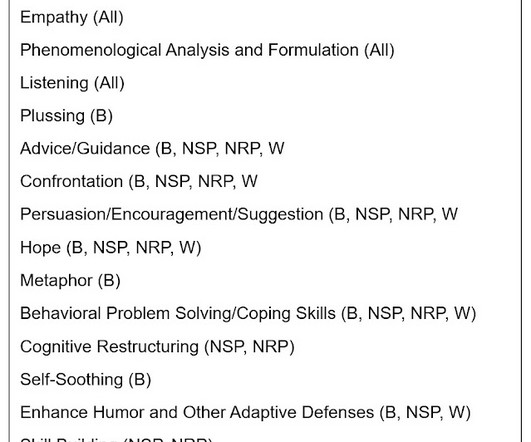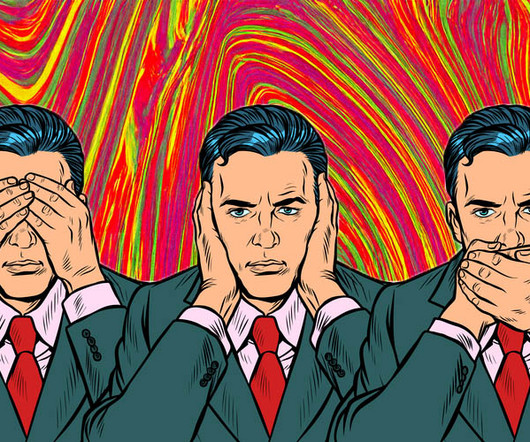The Moral World of Personality Disorder Assessment
Mad in America
APRIL 22, 2025
W hen asked about her behavior during a psychiatric assessment for personality disorders, one patient’s response included this description: It was completely crazy. Professionals assess and diagnose the disorder situated in a patient’s mind so that interventions can be targeted to alleviate the disorder.



















Let's personalize your content